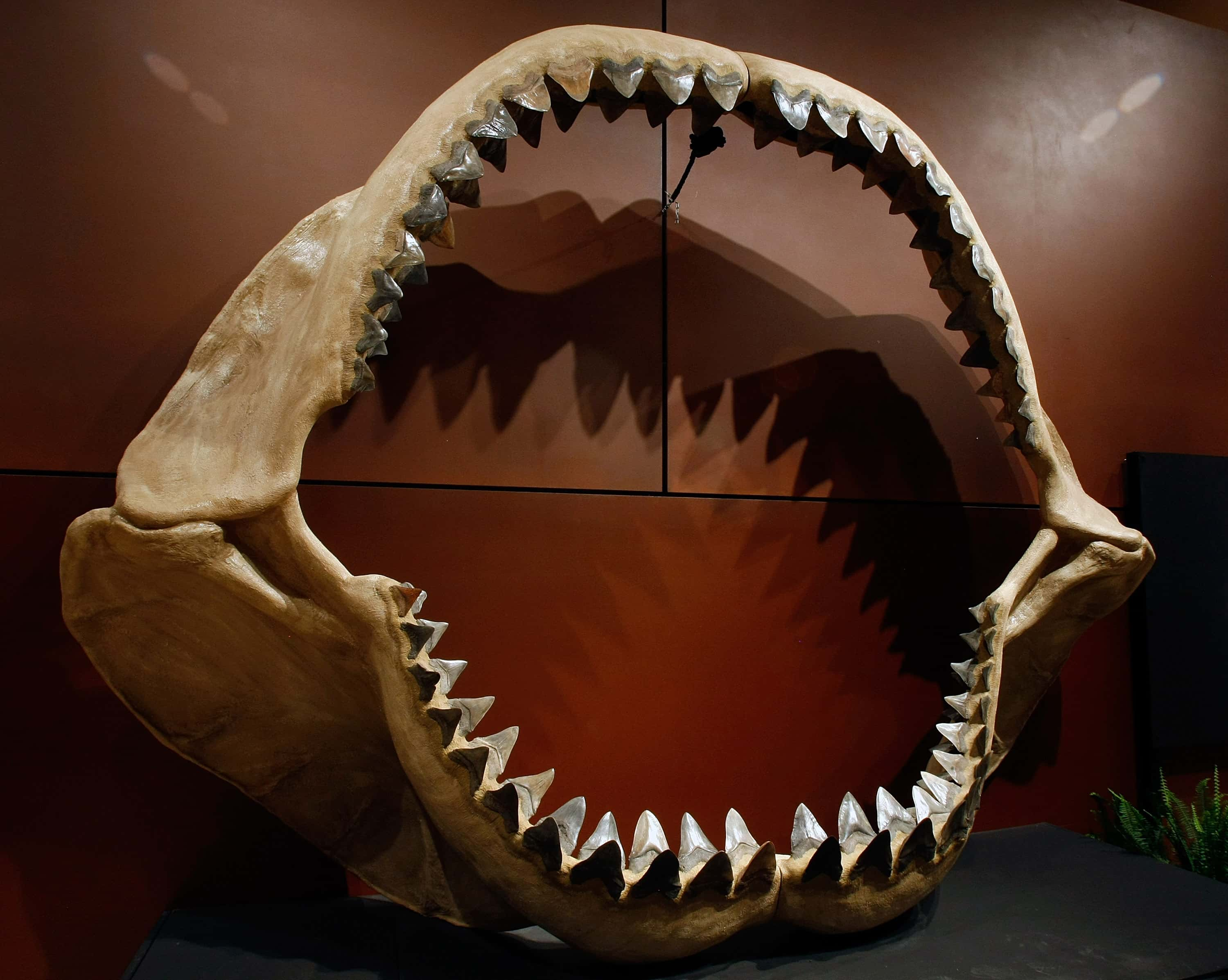50ft prehistoric 'megalodon' shark picked up by sonar turns out to be a school of mackerel

NEW ENGLAND COAST: Researchers at the Atlantic shark institute in Rhode Island were shocked after sonar picked up what seemed to be a giant shark. They thought they had stumbled upon the mega predator Megalodon, a prehistoric shark that went extinct about 2.6 million years ago.
Judging by the shape, the creature was 50ft long and complete with a dorsal fin - too big to be any other shark. They even estimated the massive predator to weigh 40 tons. The excitement was, however, short-lived. They later saw the image shape-shift and turn into a large pool of mackerel, which was 50 ft long.
READ MORE
What is Excirolana chiltoni? Beachgoers plagued by 'mini shark' bugs that have painful bloody bites
'Scene out of Jaws': SHARK ATTACK left boy, 8, with chunks of flesh hanging off his legs
"We waited for one of the rods to go off. However, much to our disappointment, the shape started to transition into a large school of Atlantic mackerel that hung around the boat for about 15 minutes," the Atlantic Shark Institute said. "So close, but so far!" it continued. "The Megalodon (Otodus megalodon), disappeared more than 3 million years ago and will likely stay that way, but, for a few minutes, we thought he had returned!"
The Megalodon was the apex predator of the seas. It could reach lengths of 50ft and its jaws could span a massive 10ft, according to an article by Science.org. They “could cruise at faster absolute speeds than any shark today and fully consume prey the size of modern Apex predators,” paleontologists who created the first 3d model of the shark wrote in the article.

According to London's Natural History Museum, the earliest megalodon fossils date back some 20 million years. The predator ruled the oceans for a few million years until going extinct 2.6 - 3 million years ago. According to the museum, they could be anywhere between 49-50 ft long. All these figures are based on the shark's teeth, which can be up to 18cms long. Even without the complete skeleton, the teeth can tell us a lot, the museum said.
Studies reconstructing the shark's bite force suggest that it could’ve been the most powerful predator to have ever existed. There are many theories as to how the apex predator met its extinction. Some say they were outdone and outmaneuvered by the smaller, more agile cousin the great white. Some theories suggest that the species was killed off by an exploding star 2.6 million years ago.










